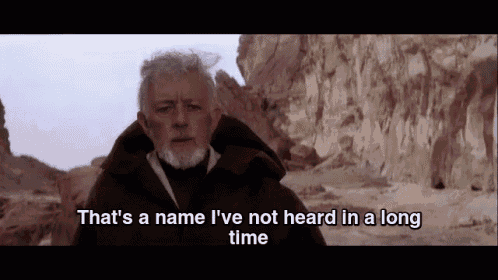Originally posted by davide49:
Originally posted by billbird2111:
I would tend to agree with Mister Moderator here. The thing I remember most about Baalke picks is that he always seemed to waste one on a player with a wrecked knee. The thinking was, at the time, that this player was "a steal" at this draft position and was "going to be great" after surgery and rehab.
Except, that never happened. I don't recall even one of Baalke's gambles on injured players ever panning out. Am I missing someone? Anyone?
Will Redmond? Lol? Kinda but not really?
How do you take players in the 3rd round who will miss their rookie season?!
Consider: From 2013-14, Baalke used five of his 23 picks on players coming off significant knee injuries, spending second-, third-, fourth-, fifth- and seventh-round selections on those rehabbing prospects. Last year, two of those players (RB Marcus Lattimore and FB Trey Millard) weren't in the NFL and the remaining three (DL Tank Carradine, G Brandon Thomas and CB Keith Reaser) played an average of 103 snaps for the 49ers.
In 2015, wide receiver DeAndre Smelter (Round 4) was Baalke's injury pick. This year, cornerback Will Redmond (Round 3) ended up being that guy.
The Rationale and Why It Didn't Work
Baalke's reasoning for drafting injured players and stashing them for a year made sense at the time.
Keep in mind the 49ers were a dominant franchise in 2013 and entering 2014. Few roster spots were up for grabs, and the Niners could afford keeping guys on injury lists with the hope each would impact the team a year or two later.
Branch wrote:
This dilemma gave rise to Baalke's draft-and-stash strategy in which he selected players rehabbing from serious knee injuries. Those players would spend a "redshirt" rookie season on injury lists, where they didn't count against the 53-man roster, and would be fully recovered and ready to contribute a year later.
It was a strategy few teams could afford to adopt because they needed their draft picks to contribute immediately. The 49ers, however, could grab injured prospects at least a round later than they would have been selected if healthy and start reaping the rewards a year later.
It made sense.
And it hasn't worked.

